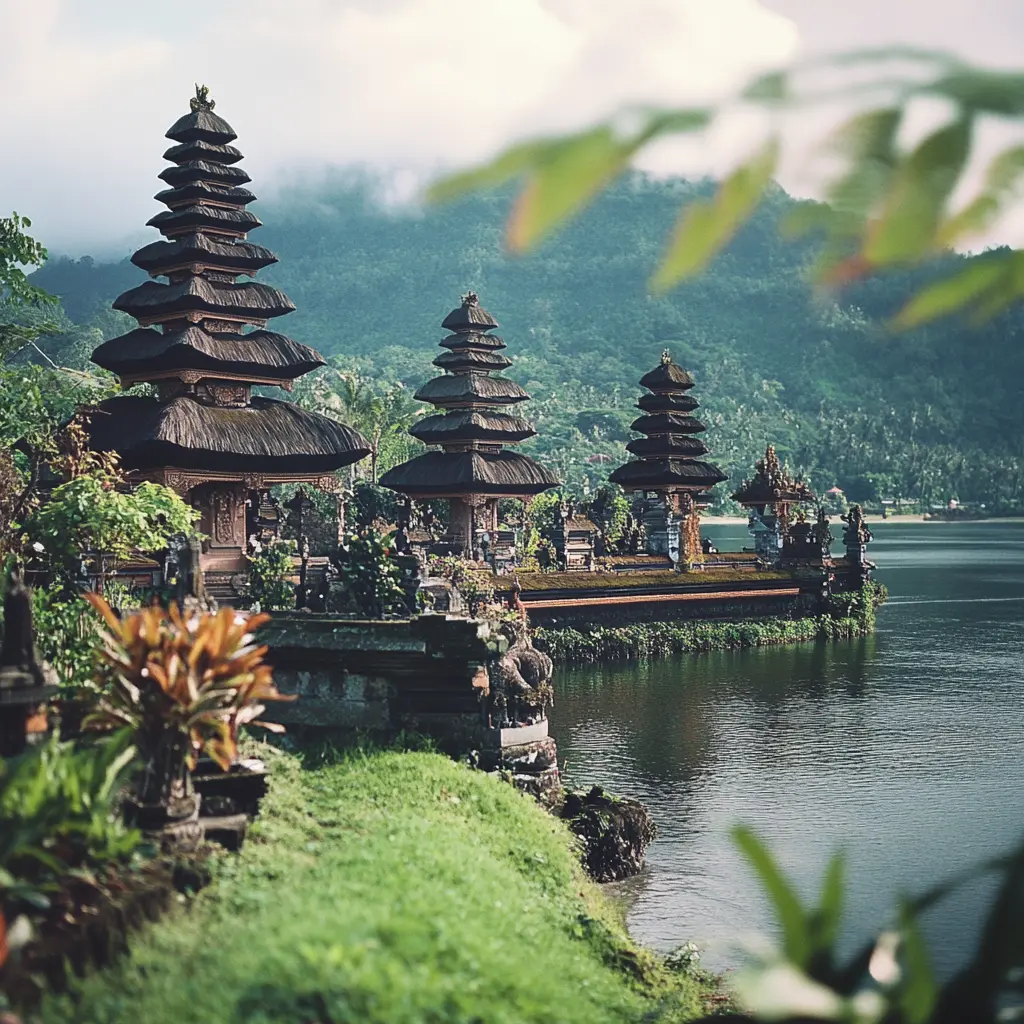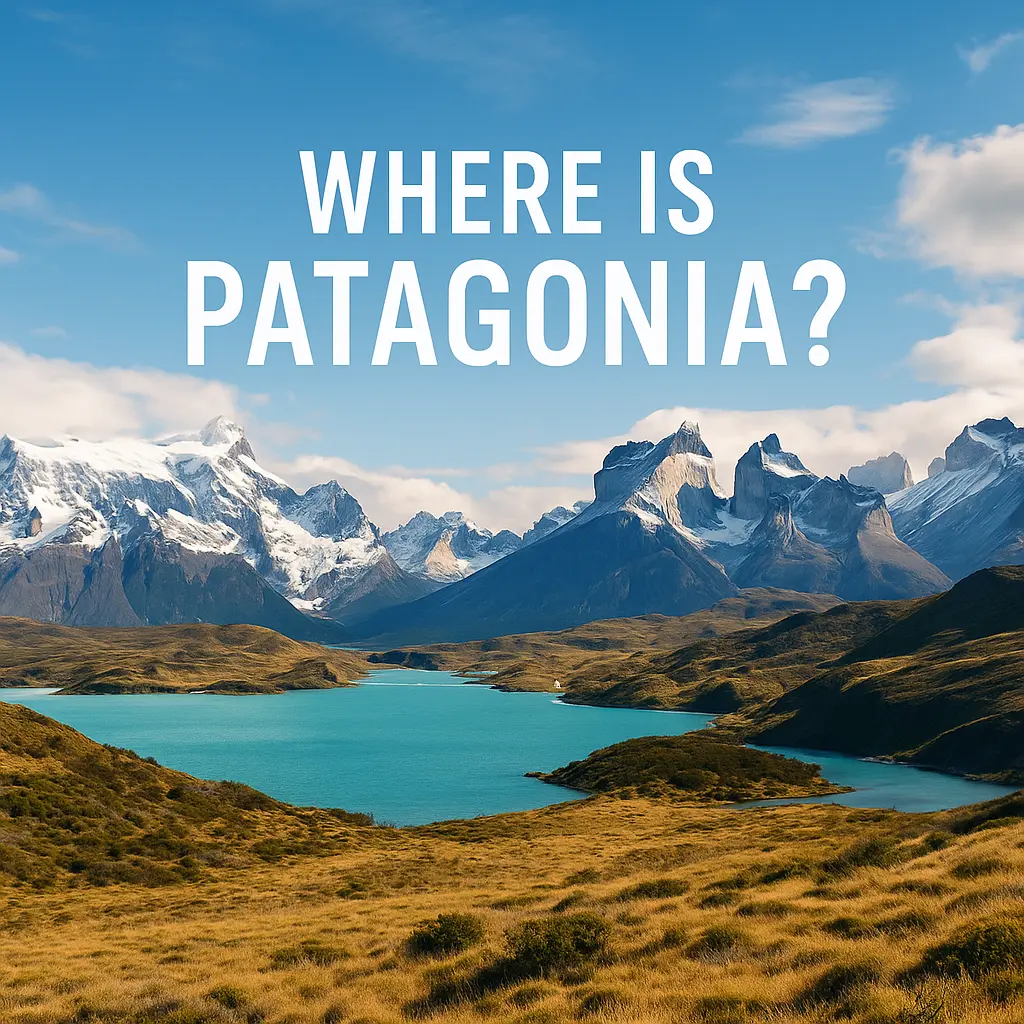
Bali has long been a favourite holiday destination for Australians, with its breathtaking beaches, vibrant nightlife, and deep cultural traditions. However, despite its worldwide fame, many people still ask: Is Bali a country?
The simple answer is no, Bali is not a country. It is an island and a province of Indonesia, a vast Southeast Asian nation made up of over 17,000 islands. However, its unique culture and tourism appeal often make it feel like a destination of its own. In this article, we’ll explore what makes Bali special, why Australians love visiting, and important travel tips to keep in mind.
Historical context
Colonial history
Bali has had great history as well as great influences from old civilizations and colonial powers; it has been a member of the Dutch East Indies in the 19th century only to find its place in the Republic of Indonesia, in the years after World War II.
Integration into Indonesia
In 1946, Bali became part of the State of East Indonesia. On 29 December 1949, this state was merged into the newly formed Republic of Indonesia.
Understanding Bali’s identity
1. Bali as an Island
- Geographical reference: Bali, a vibrant and small island nestled in Southeast Asia, forms a key part of Indonesia’s expansive archipelago. Covering an area of approximately 5,780 square kilometres, it lies between the island of Java to its west and Lombok to its east.
- Not a standalone nation: As an Indonesian province, Bali is governed and bound by Indonesian law.
2. Why the confusion?
Many people see Bali as distinct from Indonesia due to its strong global identity as a tourist destination.
- Its unique culture sets it apart from other regions of Indonesia, contributing to the misconception that it is a separate country.
Bali’s role in Indonesia
1. A province of Indonesia
- Bali is one of Indonesia’s 37 provinces.
- Bali has a local government but the end responsibility is with the federal government of Indonesia in Jakarta.
2. The capital city
- The capital of the province, Denpasar, Bali, is a bustling city that bridges the old and modern worlds.
3. Tourism and economy
- Bali is a mainstay in the travel industry in Indonesia, pulling millions from the local and international marketplace every year.
- Famous for this island, temples, beaches, and farina bursting parties.
Bali’s unique culture
1. Balinese Hinduism
- Almost all of Indonesia is Muslim. Bali, however, has a unique place owing to its majority Hindus.
- Religion is quite important in one’s daily life with its rites, ceremonies, and offerings.
2. Festivals and traditions
- Some of the most notable celebrations highlighting the island’s rich cultural tapestry include Galungan and Nyepi, also known as the Day of Silence.
- Popular on a world scale is the barong dance.
3. Architecture and art
- Tanah Lot and Uluwatu are two of the well-known temples in Bali as far as art and design are concerned.
- Balinese art pays tribute to a rich heritage through painting, carving, and weaving.
Tourism in Bali
1. Global recognition
- Bali, known as the “Island of the Gods,” captivates with its stunning natural beauty and profound spiritual essence.
- Among the attractions are Kuta Beach, Ubud, and Mount Batur.
2. Why do people mistakenly think Bali is a country?
- The reputation of Bali as a stand-alone holiday spot eclipses its significance inside Indonesia.
- Many commercial products have “Bali” without mentioning Indonesia, which fuels more uncertainty.
3. Infrastructure and accessibility
- Bali has its own international airport, Ngurah Rai International Airport, making it easily accessible from around the world.
Indonesia: the parent country
- An archipelagic nation: Comprising around 17,000 islands, including Bali, Indonesia is the biggest archipelago in the world. A strategically and culturally diverse region in which the Indian and Pacific oceans meet.
- Cultural diversity: Each island in Indonesia has its own culture, languages, traditions, and cuisines. For example, Bali exemplifies this great variety of islands so that they are different from one another.
- Government and administration: Indonesia has a governing head situated at Jakarta and is a unitary presidential republic. Bali also follows the same political and legal systems as the rest of Indonesia and is a cultural entity, as separated from the nation.
Why Bali is special
1. Cultural autonomy
- Bali has retained its distinct traditions within Indonesia.
- Its Hindu temples, festivals, and customs make it stand out from other provinces.
2. A tourist haven
- Bali is one of the most visited places in the world, often overshadowing other stunning Indonesian destinations like Komodo Island, Jakarta, and Sumatra.
3. Economic significance
- Bali’s thriving tourism industry not only supports the local economy but also contributes significantly to Indonesia’s national GDP.
Travel considerations for Australians
- Accessibility: Bali is conveniently accessible from Australia, with numerous direct flights available from major cities. Mostly because of its cost and proximity, Australians love this holiday.
- Entry requirements: Since Bali is part of Indonesia, Australian visitors have to obey Indonesian visa and entry policies. Review the most current criteria before planning a trip.
Debunking the myth: why Bali is not a country
- No sovereignty: Bali does not have its own military, government, or currency—key markers of an independent nation..
- Governed by Indonesia: The laws, taxes, and foreign policy of Bali are under control by the Indonesian government.
- Shared resources and identity: Trade, infrastructure, and education are shared by Bali with the rest of Indonesia.
Conclusion
Bali stands out for its distinctive culture, breathtaking landscapes, and global charm. Bali is an Indonesian island and province. Though its unique character often makes learning challenging, knowing Bali’s position inside Indonesia emphasises the beauty of the island as well as the larger nation. Understanding more about Bali and its position in Indonesia will allow us to value not just its breathtaking beauty but also its location in one of the most culturally varied nations on Earth.







